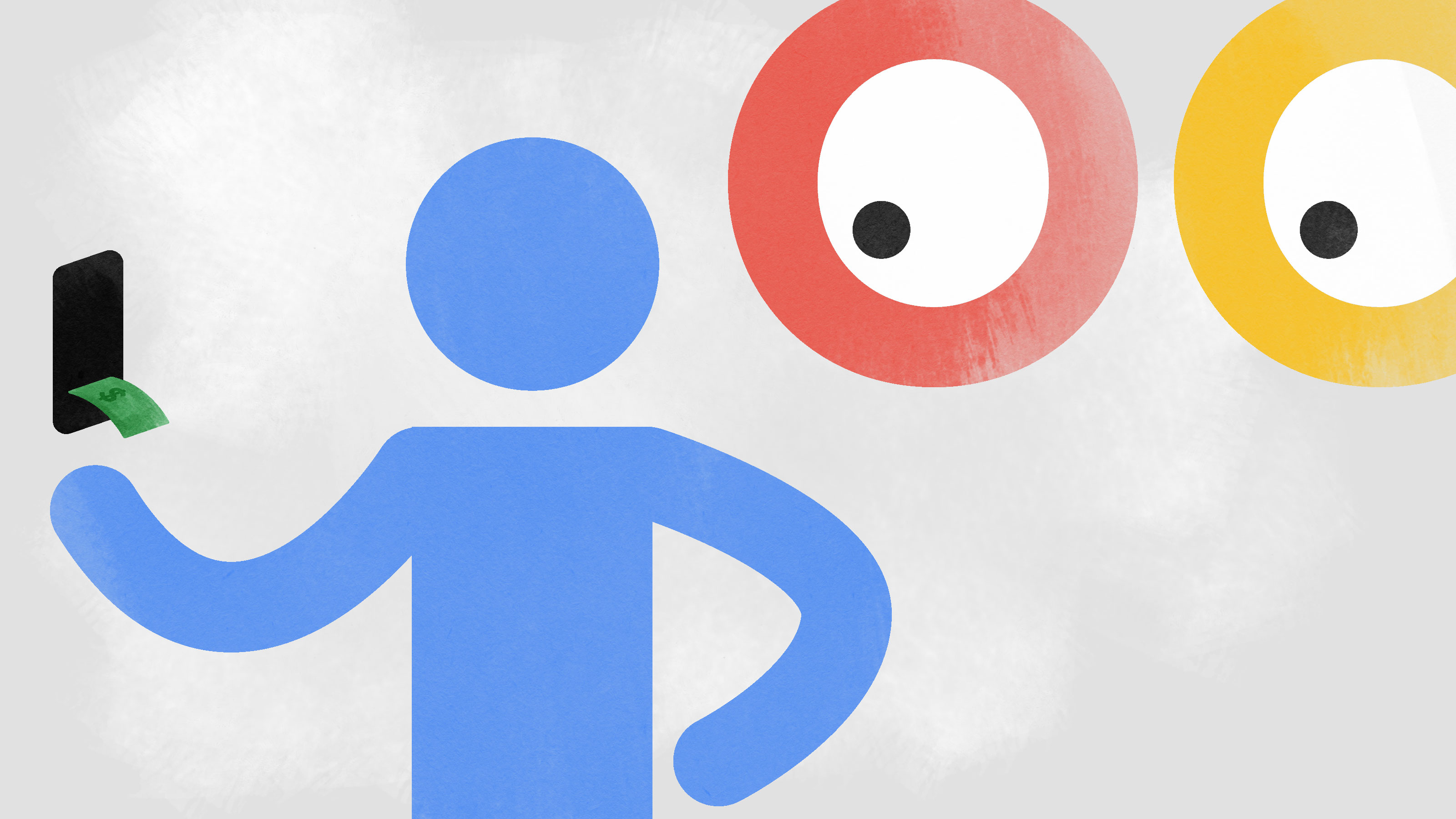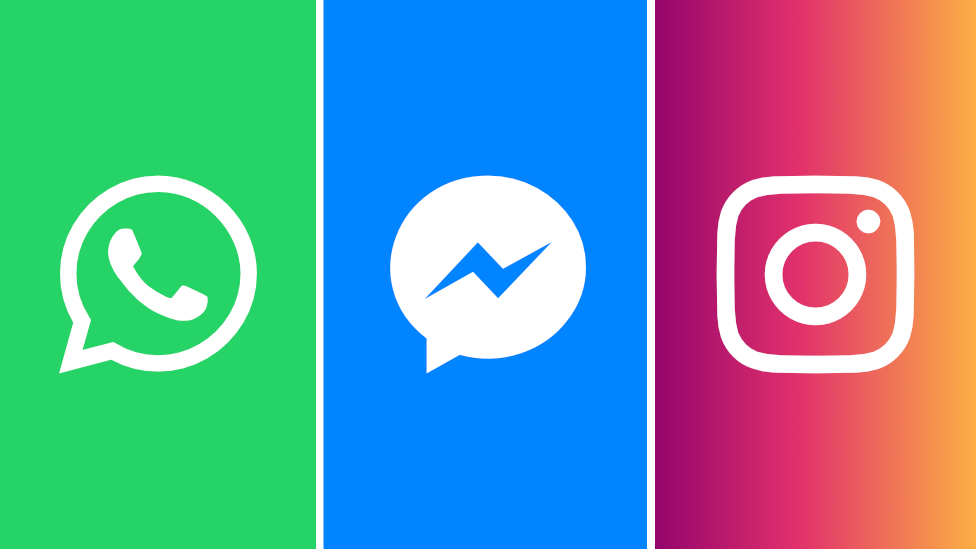Final paper- How to protect our data privacy
How to protect our data privacy
Introduction
As now is the information age and informatization is the general trend of today’s times,people might not find an effective way to protect their personal information because there are more and more applications or technologies targeted to steal people’s intellectual property or hack user’s information. These technologies even have a very harmful effect on their users too. For example, the invasion of data privacy by some applications. People sometimes get violated of their intellectual property rights. Therefore, protecting people’s data privacy become very crucial. Privacy has been included in the Universal Declaration of Human Rights issued by the United Nations in 1948. “No one shall be subjected to arbitrary interference with his privacy, family, home or correspondence, nor to attacks upon his honor and reputation” (United nation,2019). People have the right to protect their privacy, family information and their communications.
Why is it so important to protect data privacy?
“The same is true outside the national-security domain. Privacy intrusions are everywhere. The technologies—smartphones and their apps; the ubiquity of Google, which performs 68% of searches in the United States (27) and over 90% in Europe but the fact that technologies and changing social morés create privacy intrusions is not” (Landau,2015). Privacy intrusions are the unavoidable results of the development of technology. More and more companies are created to steal other people’s property to make profit. However, people should control the right to user privacy. Also protecting data privacy is an effective way to help the individual maintain their autonomy and enjoy their legal rights.
Discussion of the problem
With the development of social media and all kinds of communication technologies. People are relying more and more on computer and online communication than never before. Keeping online information safe is a big issue that people must face. One effective way to protect online information is by keeping your password private. “Scammers, hackers, and identity thieves are looking to steal your personal information – and your money” (Consumer Information,2019). Changing your password regularly and never share your passwords with other people is important. Also, when you set your password make sure to combine your password with at least 10 characters and include upper case in your password (Consumer Information,2019). After changing the password, don’t forget to update the software as soon as possible because outdated software is easier for criminals to break into (Consumer Information,2019). With the development of social media and all kinds of technologies, there will be some intangible virus existing around our life. It is important to regularly check if there is virus or abnormal software on your computer and use antivirus software to get rid of the virus or malware.
In Ottawa, there are 1.5 million people who thought their private messages were secure. WhatsApp is a communication application owned by Facebook. It is popular in many countries including India, Germany, U.K. and many countries in Africa and South America (The Hamilton,2019). However, there is no escape for this application to be hacked. The hackers only need to make a phone call to the users and the users don’t even have to pick up the phone calls. Their information like location data, private messages and emails will be hacked by the hackers. Groups like NSO are created by hackers to design the spyware to hack the application such as WhatsApp and Instagram (The Hamilton,2019). In this case, if people want to protect their personal information, it is not enough to only strengthen your password. To keep all the application devices up to date is necessary in dealing with those kinds of spyware. As a result, every update you did could get rid of all spyware or virus from hackers. You can better protect your software or computer in this way.
Another approach to prevent being hacked is be more careful about the emails or messages you received. Sometimes virus was hidden in the emails or messages you received because hackers would those emails attached with a virus. When users open the email or message, the virus might immediately spread into your computer or your mobile device. Then the virus will copy and download data from your computer. As a result, you might lose your data without knowing anything. Sometimes those viruses are so unobservable that people will not fix nor knowing the necessity to update the software.
To keep personal information safe, not only people have to protect personal information secure online but also people should pay attention to offline scam. For offline protection, lock your financial documents and records in a safe place at home and keep eyes on your wallet or your precious things at work. Be more careful even with even your good friends at home. Keep your valuable documents with your information in a safe place, for example, a safe. Before you share information or your intellectual property make sure your audience will not get access to your property (Consumer Information,2019).
Besides computer scam and hack, mobile is another area where people lose privacy. A very common example is that some shopping websites can get the preference of their customers when they buy one of their products and then post you many similar products on other websites. Suppose that you hover your mouse over an item while browsing an online shopping website for a long time. That may result in that on the next day, you will see a large number of advertisements for that kind of item on other websites (Consumer Information,2018). This is very popular in most of the shopping websites. These websites collect information when people browsing their website. Then they will know your interest because you are looking up some of their products. Your online habits are being monitored and subsequently bought and sold so that the original site and sites that purchase your data can more effectively sell you things.
In terms of the health care social network, patients will be more willing to share their health data with an expert if they can keep their information safe. Hence doctors sometimes acquire confidential information from patients when they need to know more about their patients which can give them better treatment (Gkoulalas-Divanis & Loukides, 2015). Doctors want to get the data of their patients ot only for getting more medical data which is helpful for the further treatment with this patient but also doctor can use medical data for future studies. However, patients might lose all of their trust on their doctors if they notice that unauthorized access was happening during treatments. As a result, doctors must represent the privacy of their patients as one effective way to keep medical data safe. Also, doctors need to take responsibility when they leaked the personal data of their patients. After all people usually want to hide the disease from people around them and they trust their doctors.
Finally, protecting intellectual property is an effective approach to prevent the leak of personal data. The term intellectual property refers to the intangible property. The law which protects the intellectual property reserves the exclusive rights to use or reproduce the intellectual property to the owners (Akhbari,2018). There is a company named Turnitin that developed a tool to prevent plagiarizing people’s intellectual results. People believe that it’s not fair to lose their right and information by any excuses. With the faster and faster development of technology, people should get a higher level of privacy control instead of using the same. “While students who use Turnitin are discouraged from copying other work, the company itself can strip mine and sell student work for profit”. (Morris, 2018). The most important thing for this company is stealing customer’s intellectual property and making profit but they always tell people that they want to correct or give feedbacks to user’s articles. Many people are inclining to trust them, but they do not know what results will be caused when they use Turnitin. Sometimes teachers didn’t mean to expose student’s information or intellectual property, but they cannot expect how bad of the result will be to their students if they put students’ article on the Turnitin. therefore, educators should be looking under the hood of EdTech tools and talking more directly with technologists. Otherwise, we end up with tools — like Proctor and Turnitin (Morris, 2018).
Conclusion
People are very prone to lose their personal information or data privacy, not because people are careless.With the development of technology, many applications or traps are designed to steal personal data from people. To protect data privacy, online data and offline data are the biggest parts of the data privacy, together with protecting personal privacy. Then people need to pay more attention to the intellectual property protection and patients’ information because those two are not clear enough for people can find out. Intellectual property, even it was intangible property, is still very valuable.
Learning pod feedback:
My friend Tu He and I form a group to study together. Even though our group just has two people, we still did well on our team study and get a lot of helps from each other. Learning with pod is really a good thing to me. From the first blog post, my friend and I get together and come up with idea for each of our submission. When we got some problems at home, we used to phone or text each other for their help. When I showed my research paper draft to Tu, he gave me much more suggestions and I made changes after his feedback. I changed a lot with my stucture because my previous structure is very casual. Then I add learning pod feedback to my paper which I didn’t know we should do that before. Finally, I corrected some grammar errors.(Tu also points out some errors for me).
Reference
Akhbari, K. (2018). What Is Intellectual Property? Retrieved from https://www.legalmatch.com/law-library/article/intellectual-property-law.html
Gkoulalas-Divanis, A., & Loukides, G. (2015). Medical data privacy handbook (1st 2015 ed.). Cham: Springer. doi:10.1007/978-3-319-23633-9
How to Keep Your Personal Information Secure. (2018). Consumer Information. Retrieved from https://www.consumer.ftc.gov/articles/0272-how-keep-your-personal- information-secure
Landau, S. (2015). Control use of data to protect privacy. Science (New York, N.Y.), 347(6221), 504-506. doi:10.1126/science.aaa4961
Morris, S. M., & Stommel, J. (2018). A Guide for Resisting Edtech: The Case Against Turnitin. An Urgency of Teachers. Hybrid Pedagogy Inc. Retrieved from https://criticaldigitalpedagogy.pressbooks.com/chapter/a-guide-for-resisting-edtech-the- case-against-turnitin/
The WhatsApp hack and how to protect yourself online. (2019). Hamilton: Torstar Syndication Services, a Division of Toronto Star Newspapers Limited
Universal Declaration of Human Rights (2019). United Nations
Retrieved from https://www.un.org/en/universal-declaration-human-rights/



